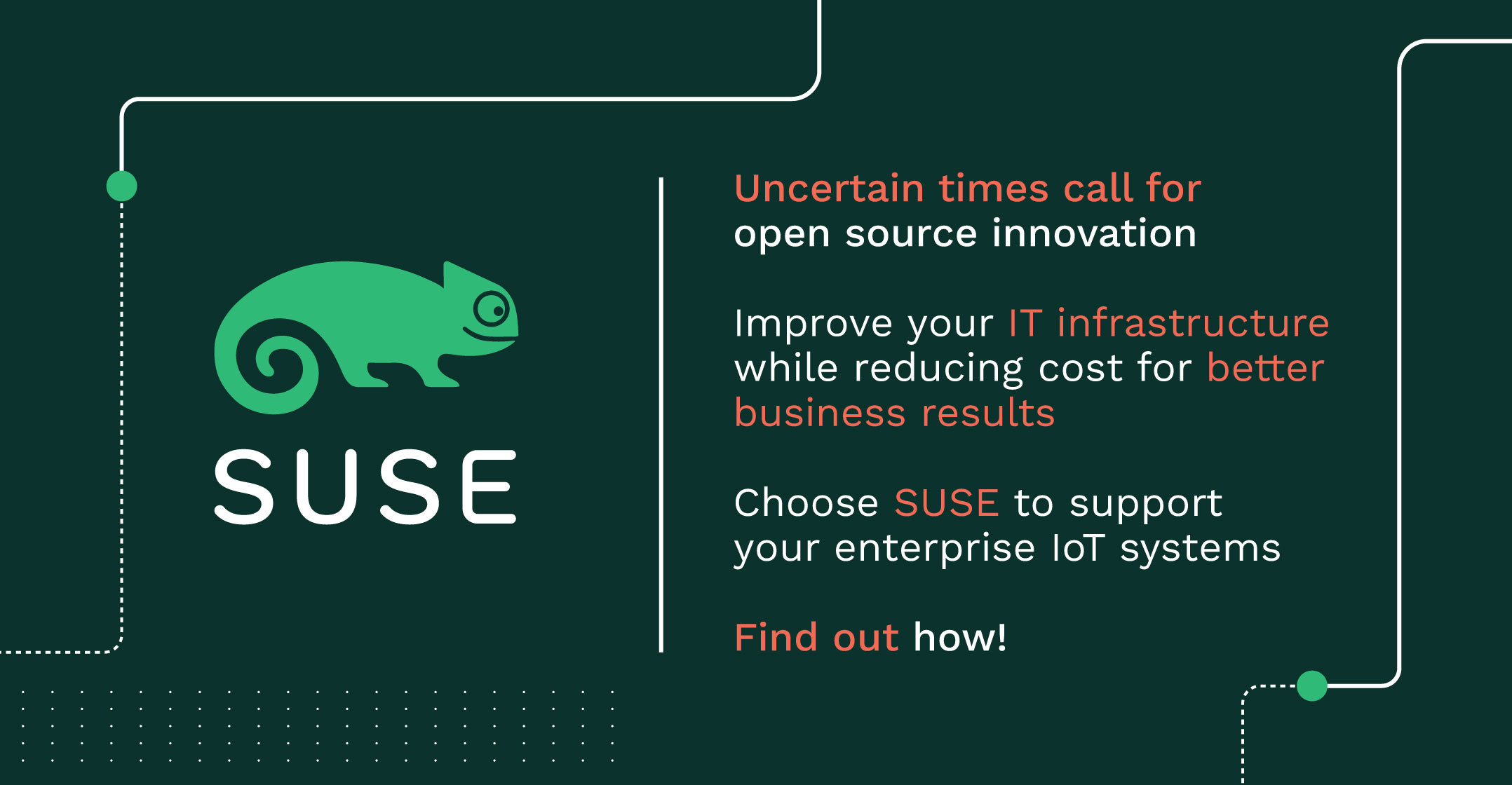TechCentral’s CxO Insights is a fresh look at the roles and careers that define the technology industry today. In this series, we’ll interview some of South Africa’s most successful, interesting and prominent individuals to find out how their roles evolved, the skills they need to succeed in these roles, and what has influenced or shaped their careers. These interviews provide an in-depth look into how technology is redefining the boundaries of career, skills and growth within the digitally transformed organisation.
In the first in the series, TechCentral speaks to Pieter van der Walt, the data integrity manager and acting information officer at Discovery Limited. His objective is to harmonise existing business processes with data governance frameworks.

Data privacy legislation and frameworks are changing the way organisations globally process information and data and the most important part of his role is to align information governance, including data privacy across the organisation. Not only to be compliant, but for sustained value, and building trust with customers.
Van der Walt, who started his career as a library assistant, said change management is critical to the success of information governance because people are key to ensuring change happens across all areas of the organisation. His role is challenging and one that requires an interest in information management, paying attention to detail and enjoying working with people.
When it comes to data regulation, there has been significant change in the past few years – from the General Data Protection Regulation (GDPR) in Europe, to the much-delayed Protection of Personal Information Act (Popia) in South Africa, and the California Consumer Privacy Act in the US.
Regardless of how all these acts vary in their regulatory intensity and capability – the US remains somewhat behind when it comes to a cohesive data protection strategy – they all mean one thing for the business – compliance. According to Pieter van der Walt, data integrity manager at Discovery Limited, sustaining compliance and driving value from being compliant in the era of privacy legislation is the most important consideration when it comes to data and governance over the next five to 10 years.
“Legislation is a major driver for privacy and data governance and it’s critical that organisations become compliant now,” he said. “Customers have to trust us, in our custodianship of their data and our role as organisations. Especially where we deal with very sensitive data, we need to ensure that we deliver on this trust. People need to know that their information is safe and isn’t being used for nefarious purposes.”
>> CxO: Dr Pieter van der Walt <<
>> Title: Data integrity manager at Discovery Limited <<
>> Role: Responsible for data governance and data privacy <<
>> Windows, Mac or Linux: Windows <<
>> Android or iPhone: iPhone <<
For Discovery, data is essential to the seamless running of the organisation and the efficient care of its customers. It is the secret ingredient to ensuring that people are provided with relevant information, given the right routes to medical care or financial advice, are managed effectively. The company uses data extensively, not just in terms of analysing behaviour but ensuring customers are incentivised appropriately as part of its shared-value business model.
“The data has to be clean and of a high quality to be used within the company,” said Van der Walt. “So, from our side, we have to ensure that it is used within boundaries, that it is accurate, and that we are absolutely compliant with data privacy requirements. The data has immense value to the business and it’s our duty to ensure that we protect it and manage how we consume it on our side, ensuring that we give back to our customers.”
The problem is that compliance is not an easy achievement. Skills are rare and in limited supply, which makes it difficult for the business to stay on top of compliance and regulatory requirements. It’s also essential, said Van der Walt, not to fall into the trap of just buying a data protection solution because the vendor can supposedly do it for you.
“Don’t buy into the PowerPoint presentation,” he said. “Your solution has to be relevant to your business. At the same time, you have to address people and process. Your use of a person’s data has to demonstrate value and gain trust and any system you implement has to ensure that everyone is on the same page.”
With the swift and impressive arrival of machine learning (ML) and artificial intelligence (AI), there are many new streams that are being introduced to the data integrity and privacy equation. These technologies will play a role in the translation of data but ultimately will have to follow the same path as everything else – they have to be compliant, trustworthy and ethical.
Pieter van der Walt’s recommended reads
>> Sandworm: A New Era of Cyberwar and the Hunt for the Kremlin’s Most Dangerous Hackers
by Andy Greenberg
>> Tools and Weapons: The Promise and the Peril of the Digital Age
by Brad Smith and Carol Ann Browne
>> Infornomics: How to Monetize, Manage, and Measure Information as an Asset for Competitive Advantage
by Douglas B Laney
>> Information Governance: Concepts, Strategies and Best Practices, 2nd Edition
by Robert F Smallwood
“The legislation from the South African perspective is a big inflection point for me,” he said. “There are companies making headway, but the concern remains the governance around the impact on smaller companies. How is this going to be governed? Don’t get me wrong — I believe Popia is a good and necessary piece of legislation that we need to protect our constitutional right to privacy and to be part of the fourth Industrial Revolution. There are many questions that still have to be answered when it comes to data privacy over the next few years, and some of us are grappling with the answers.”
Q&A with Pieter van der Walt
TechCentral: What’s the most important part of your job?
“I was brought on board to help with the alignment for data governance and data privacy across the group.”
My role is to look at embedding data standards for data quality and to ensure the alignment with regulations such as Popia and the GDPR. I have to consider the use of various frameworks, best practice methodologies and what would practically fit within the organisation, and ensure adoption thereof throughout the business. We’ve gone through assessments, done the gap analysis and now we’re entering the phase of execution of these frameworks. This is not an overnight process and is a gradual deployment. We needed to get buy-in, understand existing processes, address shortcomings and recognise where the system needs to change. It is about people and process first.
What’s critical to the success of your role?
“You have to sell the value, the reason why people need to change the way they do things.”
Change management is essential to ensuring that people can see the value in what is being done and why the changes are needed. It’s easy to tick boxes and make sure that everything is in place, but ultimately it’s about execution and ensuring it adds value to the business. Especially at Discovery – the company is known for its innovation, so this can’t be what holds it back. Another important aspect is collaboration and making sure stakeholders have a seat at the table. Transparency and trust are vital.
What’s your top tip for staying ahead in your field?
“Not everyone is on the same page.”
There’s a whole company you have to take with you, and there is always somebody in front and somebody behind. Your job is to convince everyone that this is the right way to go and be able to make sure you include all opinions and viewpoints.
What’s the biggest trend impacting on your field in the decade ahead?
“Staying relevant and current is the biggest trend right now.”
You have to understand the data privacy legislation landscape. Ensure that you understand the technology developments that lie ahead, that challenges the legislative view, and you need to stay relevant. Now that organisations are beginning to understand the regulations, compliance is essential, but you now need to ensure the business gets value out of being and remaining compliant.
What was your first job?
“I used to make photocopies all the time.”
My first job was as a student assistant in the library at the Rand Afrikaans University, now the University of Johannesburg and my job was to make photocopies, and help with finding research papers for lecturers. That was my KPI.
What advice would you give to young people interested in pursuing a career in IT management?
“I’ve been retrenched and I’ve found my passion.”
Don’t lose your enthusiasm because achieving your goals does come with disappointment and new opportunities. I was retrenched, I went to the US to join a data migration team, I had an incredible learning experience, but I was away from my family. That was tough, but it prepared me for where I am today and now I can live what I love. Information governance and privacy are my passion, my purpose. — (c) 2020 NewsCentral Media




